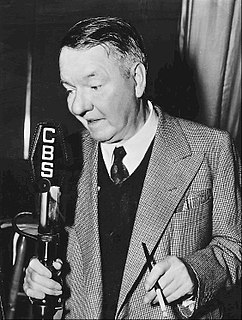A Quote by Virginia Woolf
Indeed, I would venture to guess that Anon, who wrote so many poems without signing them, was often a woman.
Related Quotes
When, however, one reads of a witch being ducked, of a woman possessed by devils, of a wise woman selling herbs, or even a very remarkable man who had a mother, then I think we are on the track of a lost novelist, a suppressed poet. . . indeed, I would venture to guess that Anon, who wrote so many poems without signing them, was often a woman.
I loved them all the way one loves at any age -- if it's real at all -- obsessively, painfully, with wild exultation, with guilt, with conflict; I wrote poems to and about them, I put them into novels (disguised of course); I brooded upon why they were as they were, so often maddening don't you know? I wrote them ridiculous letters. I lived with their faces. I knew their every gesture by heart. I stalked them like wild animals. I studied them as if they were maps of the world -- and in a way I suppose they were.
I think that the casual reader and the lyric and confession are trickily tied up together. I mean often when I read my students' poems my first impulse is to say, "O, the subject of this pronoun, this 'I,' is whatever kid wrote this poem." The audience for lyric poems is "confessionalized" to some extent. And I think this audience tends to find long narrative poems, for instance, kind of bewildering.
[Kenneth Koch] taught children in public schools in New York City to write poems and told them down worry about rhyming, don't worry about any of that stuff. You know, write a poem where you mention three colors and make it five lines - or he would just give them, you know, little strategies. And, man, they wrote some great poems.
While I was writing poems, I would often divert myself by reading detective novels, I liked them. And there was a period when I read many of them. I absorbed the form, and I liked it, it was a good one, mostly the hard-boiled school, you know, Chandler, Hammett, and their heirs. That was the direction that interested me most.
Sometimes he would advise me to read poetry, and would send me in his letters quantities of verses and whole poems, which he wrote from memory. 'Read poetry,' he wrote: 'poetry makes men better.' How often, in my later life, I realized the truth of this remark of his! Read poetry: it makes men better.

































